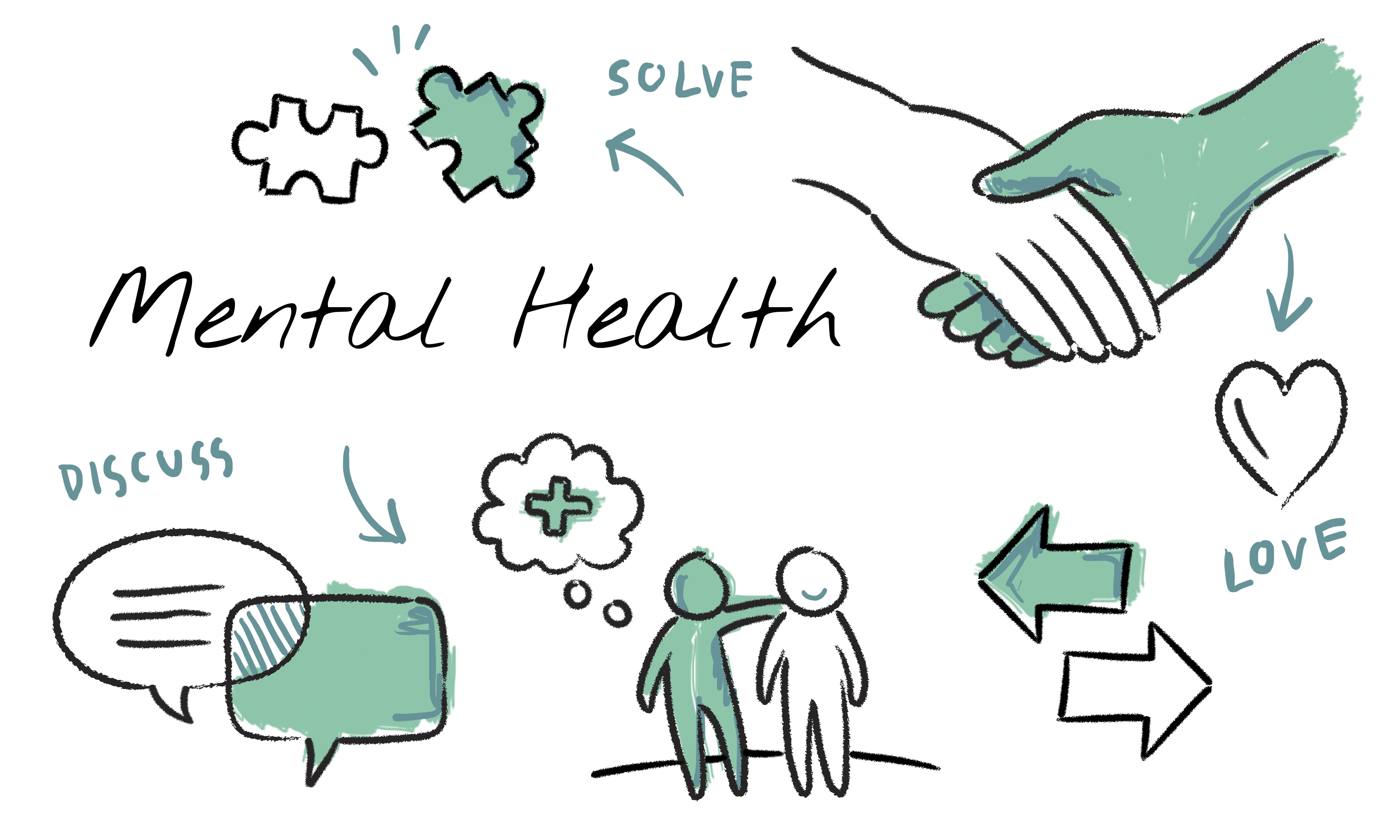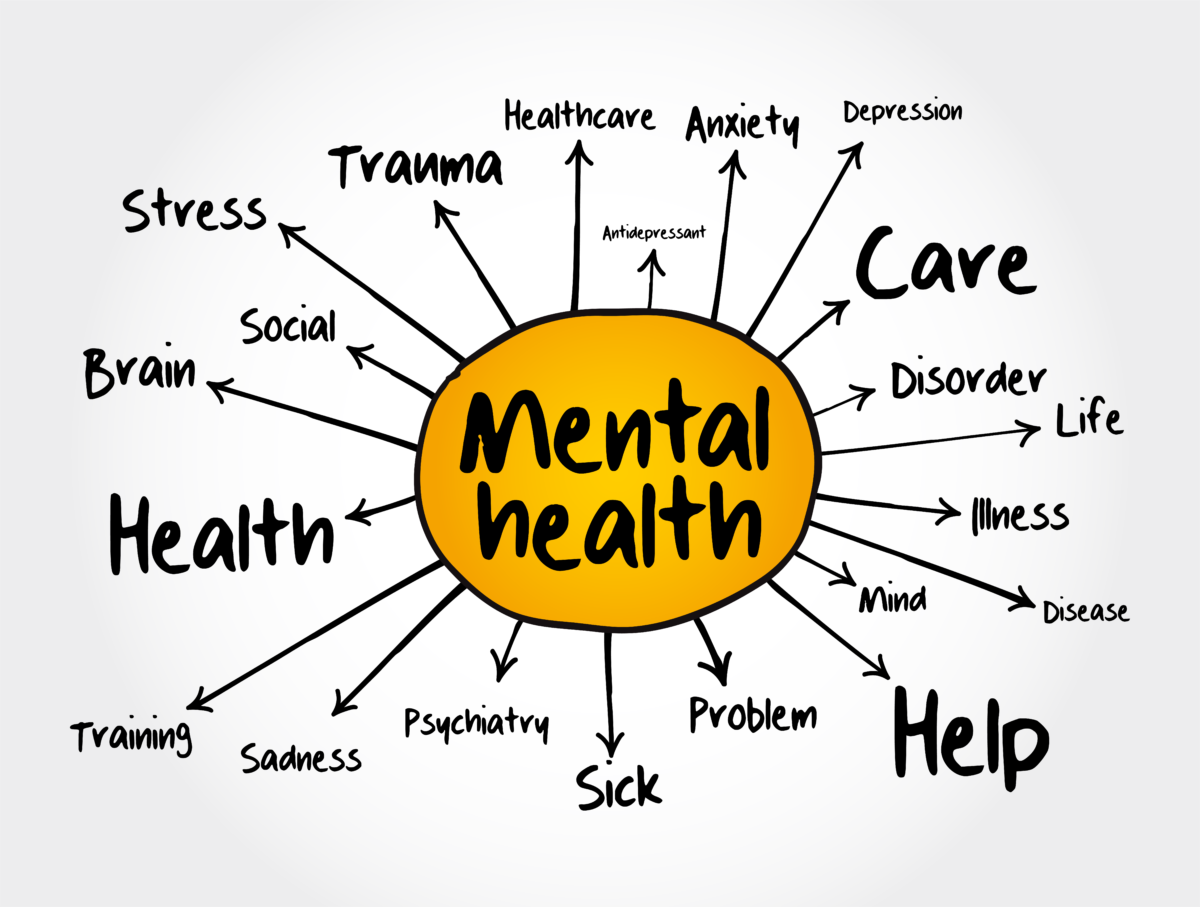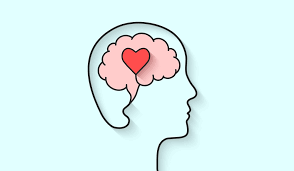
The Power of Connection: How Relationships Influence Our Mental Health
In a world characterized by technological advancements and fast-paced living, the significance of genuine human connections often gets overshadowed. Yet, the truth remains: the relationships we foster have a profound impact on our mental well-being. In this blog post, we’ll delve into the science behind the power of connection, explore how relationships shape our minds and emotions, and discuss strategies for nurturing healthy connections that contribute to positive mental health.
The Neuroscience of Connection: Wiring Our Brains for Relationships
At a fundamental level, humans are wired for connection. Our brains are equipped with a social circuitry that lights up when we interact with others. This social circuitry includes regions like the prefrontal cortex, which is responsible for empathy and understanding, and the oxytocin system, often referred to as the “love hormone,” which fosters bonding and trust.
Research shows that our brains are remarkably adaptable and can even rewire themselves based on the quality of our relationships. Positive social interactions stimulate the release of neurotransmitters like dopamine and serotonin, which are associated with feelings of happiness and contentment. Conversely, isolation and lack of social engagement can lead to feelings of loneliness, depression, and anxiety.
The Impact of Relationships on Mental Health
- Emotional Support: Close relationships provide a safe space for emotional expression. Sharing our thoughts and feelings with trusted individuals can alleviate stress and provide a sense of relief.
- Reduced Stress: Interacting with loved ones can lower the production of stress hormones, leading to a calmer and more relaxed state of mind.
- Sense of Belonging: Being part of a community or network fosters a sense of belonging, which is essential for self-esteem and overall well-being.
- Enhanced Coping: During challenging times, having a support system can enhance our ability to cope and navigate difficulties effectively.
Strategies for Cultivating Meaningful Connections
- Active Listening: Practice attentive listening when engaging in conversations. Truly understanding others’ perspectives fosters deeper connections.
- Quality Over Quantity: Focus on building a few meaningful relationships rather than spreading yourself too thin. Genuine connections require time and effort.
- Open Communication: Honest and open communication builds trust and understanding, leading to healthier relationships.
- Empathy and Compassion: Put yourself in others’ shoes and offer empathy and support. Small gestures of kindness go a long way.
- Boundaries: Establishing healthy boundaries ensures that relationships remain mutually beneficial and respectful.
Navigating Toxic Relationships
Not all relationships contribute positively to our mental health. Toxic relationships characterized by manipulation, disrespect, or emotional abuse can have detrimental effects. It’s important to recognize when a relationship is unhealthy and be willing to prioritize your well-being by setting boundaries or, in extreme cases, distancing yourself from the toxicity.
The Journey to Lasting Well-Being through Connection
As you navigate the complexities of modern life, remember that investing in meaningful relationships is an investment in your mental health. Take the time to foster connections that provide emotional nourishment, empathy, and understanding. Whether it’s a close friend, family member, partner, or even a therapist, these connections contribute to your resilience, coping mechanisms, and overall happiness.
In a world that often emphasizes independence, it’s crucial to acknowledge that our interconnectedness is a source of strength. Embrace the power of connection, and watch as your mental health flourishes, enabling you to thrive in both your personal and professional endeavors.


